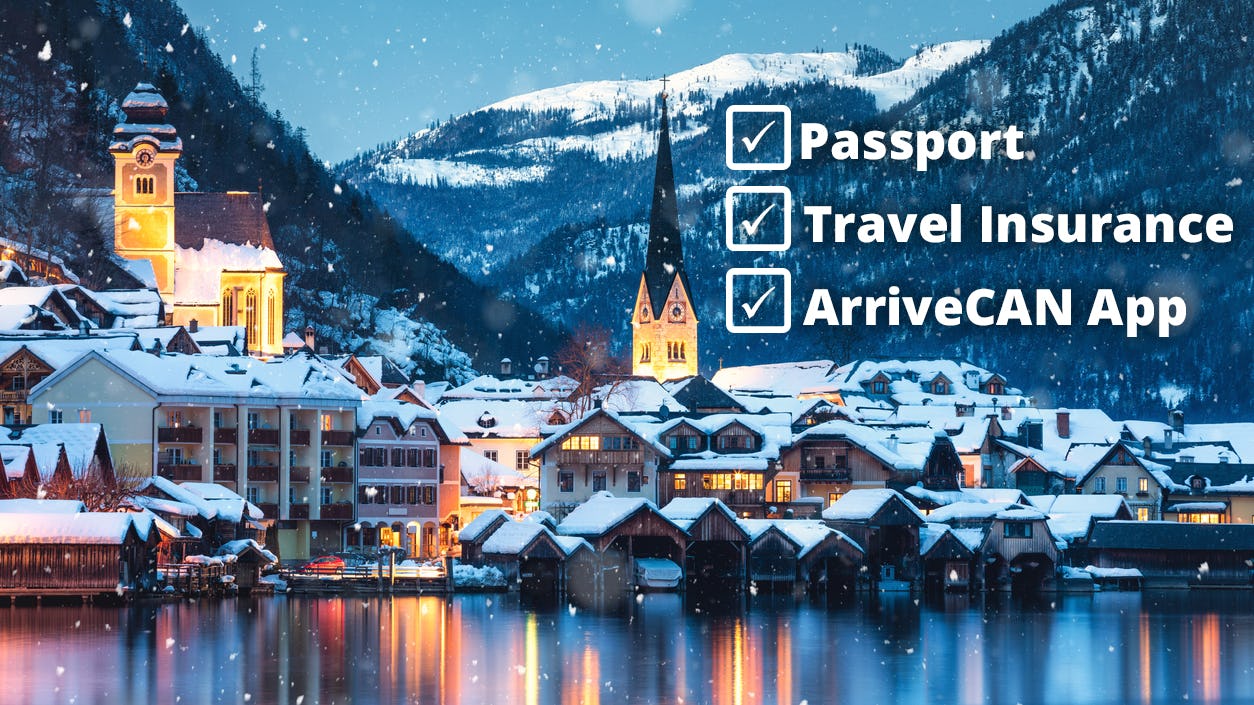The Cancel For Any Reason advantage lets you book a trip, which could include flights, hotels, lodges, tours and if the day of departure, you feel unsettled about going, you could cancel your trip and acquire money back of as much as 50% of what you spent. Better yet, when you have this travel insurance and booked your trip with CAA Travel, you would get back up to 75%. However, the Cancel For Any Reason benefit is only applicable if you purchased your policy within seventy-two hours of reserving your travel arrangements and there may be no government travel advisory Level 3 or 4 in place. Refer to page 30 in our policy guide.
The Interruption For Any Reason benefit provides you the ability to return home due to any unforeseen interruption when you’ve been at your vacation spot for 48. Again, take a look to see if, upon booking your trip and purchasing the Trip Cancellation and Interruption plan, there is no government travel advisory at a Level 3 or 4 for the vacation spot you plan to go to.
The Denied Boarding/Entry risk insured helps with the unplanned charges of failing mandated tests at screening checkpoints, which is the reality of travel for the foreseeable future. In case you’re denied entry at customs or security checkpoints because of health regulations set by government authorities, this insurance can help protect your travel investment and additional fees associated with delayed travel.


.jpg?ixlib=gatsbyFP&auto=compress%2Cformat&fit=max&q=50&rect=0%2C66%2C1254%2C705&w=1280&h=720)


.jpg?ixlib=gatsbyFP&auto=compress%2Cformat&fit=max&q=50&rect=0%2C73%2C6973%2C3922&w=1280&h=720)



